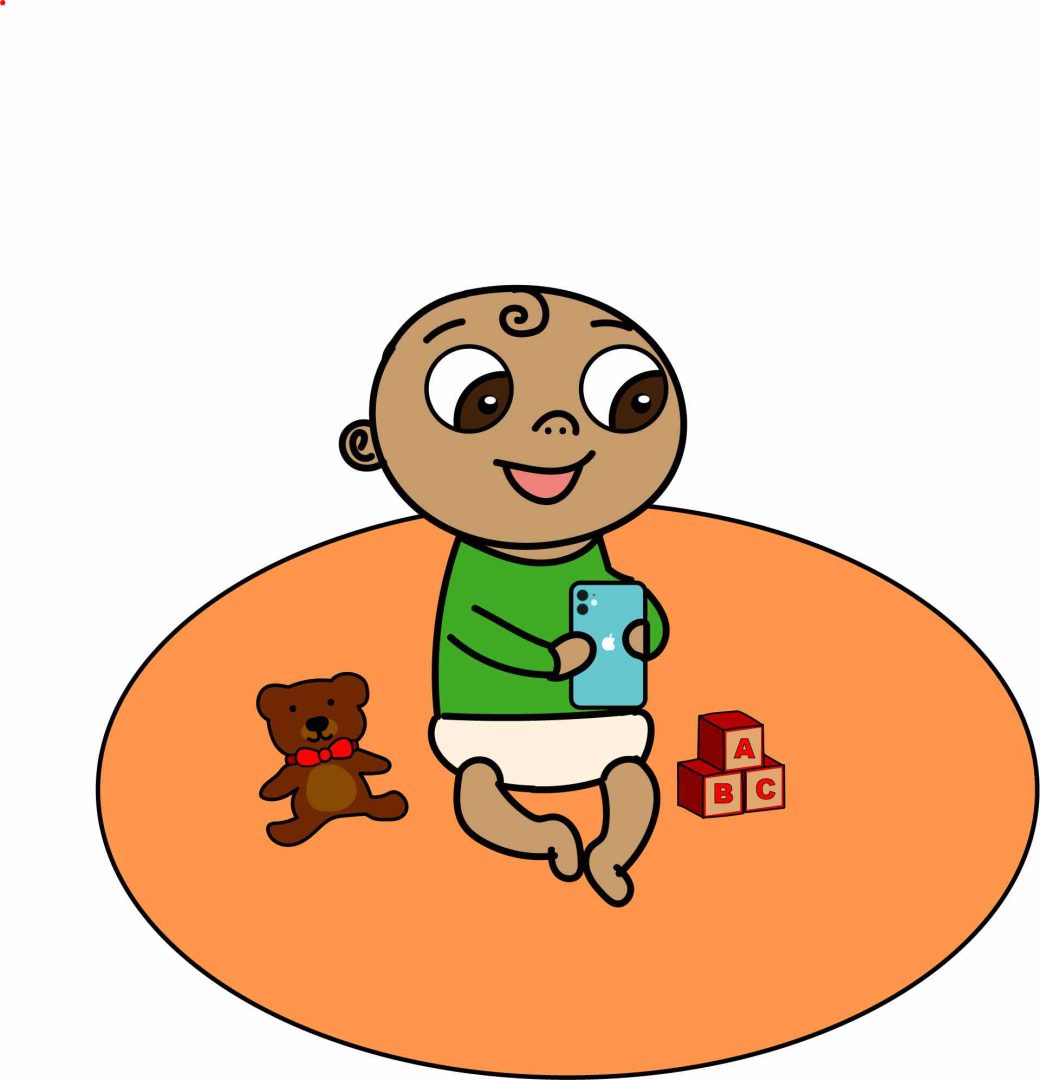Facebook announced in September a pause in the development of an Instagram for kids in the face of mounting concern and criticism about children’s safety, according to CNBC. The app, intended for children 13 and younger, would have allowed parents to manage and control what their children are seeing and what they are doing on their accounts, said Head of Instagram Adam Mosseri in an announcement released last month on Instagram’s website.
The idea of an app like Instagram created as a social media platform for children has brought up concerns about the standards set by social networking apps, as well as advertisers. According to the Instagram announcement, the platform would require children to obtain parental permission to open an account, there would not be any ads and the app would display age-appropriate content. Although Meta Platforms Inc., has begun a discussion about its specific project, a broader concern involves the use of social media by children. Apps providing more parental supervision and safety controls for children brings up the question of whether young children should have access to social media, even with what is considered child-friendly content.
I think the problem is that companies believe safety locks and allowing parental control of their children’s social media accounts will erase the problems social media contribute to through their own general audience profiles and that creating a separate space for children to interact will change parents’ minds about the issues young people face on the internet. Many of the parents of the children who would be using these accounts are millennials, which is important to understand because social networking was still a newer concept when those parents started using computers and learning things on the web. The creation and use of so many social media platforms and forums, as well as the technological advances in the past decade, have given rise to an entirely different outlook on internet safety and mental health in relation to social media.
Navigating the internet and networking were so different 15 years ago than they are today, and with uncertainty comes a fear of risk, specifically as that pertains to today’s young people. Social media companies’ attempts to increase safety precautions and allow parents to feel more in control of what is still a pretty new way to socialize and consume content ultimately are not very helpful. On one side of the discussion are those who believe social media should be made more accessible to children, to aid with mental health during adolescence in this age of advancing technology. On the other side are those who believe children should not be allowed to have accounts at all, to protect them from what can be seen on the internet and its toll on their health.
Personally, I don’t see the point in trying to take away social media. Children who wish to engage in online networking will use the internet, and there is only so much you can do to stop them from seeing something that is not age appropriate. While I understand that social media companies want to ease parents’ concerns about their children’s mental health and safety, I think parents see the shift to social media for children as a gateway for unhealthy consumption of inappropriate content. Somewhere between creating more parental controls in apps and parents being concerned about children’s safety, what is being ignored is the inevitability of what children will see and do on the internet.
I think the more companies try to brand for younger audiences and create an environment where children can interact with one another, the more parents will push back. I think the best way to figure out social networking with children in the internet age is to educate and create an open discussion between parents and children. Removing ads and trying to control all aspects of a child’s internet life won’t eliminate the dangers children face on the internet, but talking about what they see on social media, with or without parental consent, is essential in the long run for understanding how it is affecting younger, developing minds.








